On 10th November 2025, the Executive Director of JUC, Fr. Patrice Ndayisenga, SJ, joined staff members in a tree-planting activity at Lycée de Kigali, marking another milestone in the organization’s ongoing Environment Conservation and School Feeding Project, whose second phase was launched with a selection of partner schools earlier in the year. This initiative embodies JUC’s commitment to combating malnutrition among schoolchildren while promoting sustainable environmental practices and ecological education.
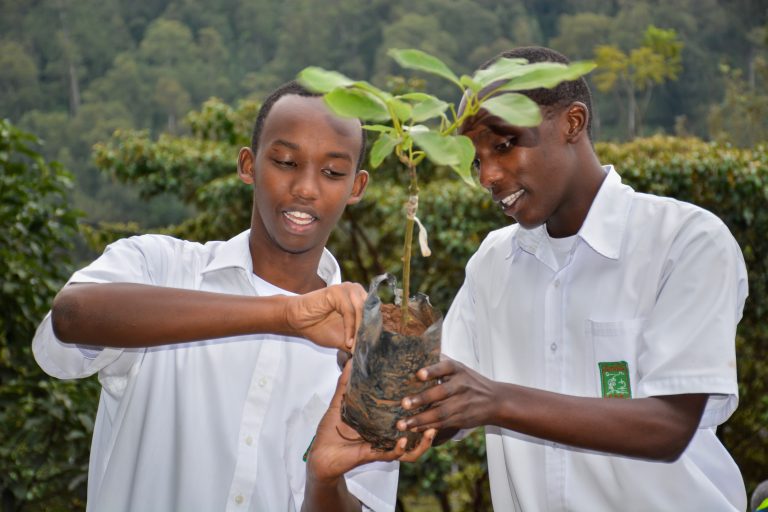
The project brings together 30 partner schools across five districts, each actively involved in both environmental conservation and nutritional improvement. During this current phase, every school, through environment clubs, is planting 50 fruit trees—a symbolic and practical act contributing to ecological restoration and food security alike.
“In your club, you will learn through our discussions how to reflect on the essence of human existence—how we can live in harmony with one another and with the environment around us. From there, we will also question how we understand development, the things we consume, and the way we coexist with other living beings,” said Fr. Patrice Ndayisenga, SJ, JUC’s Director, encouraging students to reflect on our coexistence with the environment.
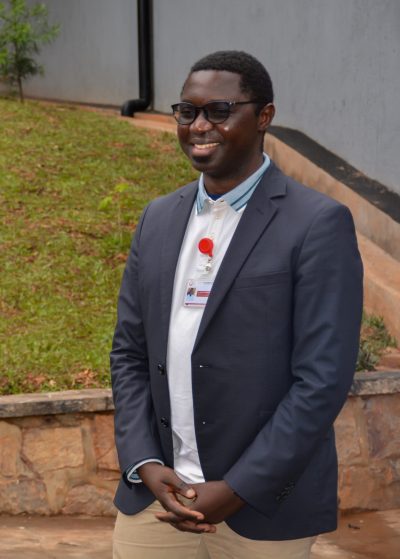
Students, through these clubs, have been entrusted with caring for the fruit trees. This responsibility not only strengthens environmental awareness but also nurtures a sense of ownership and stewardship among young people. By engaging students directly, the project ensures that conservation becomes a lived and lasting experience rather than an abstract ideal.
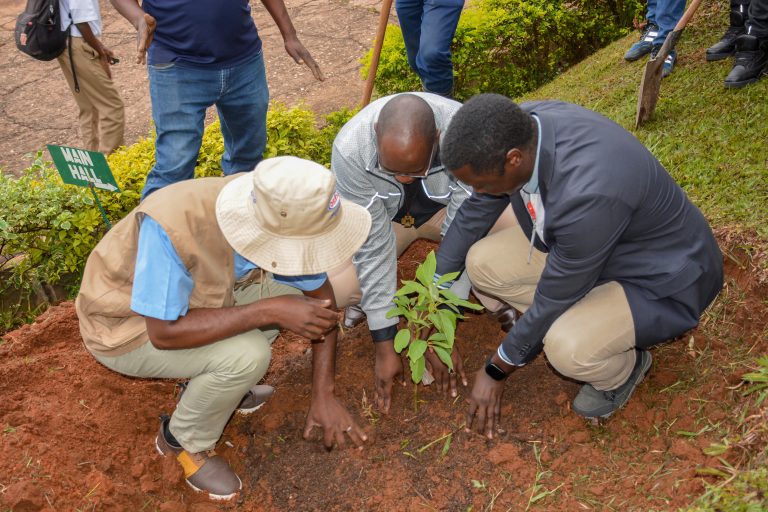
The Environment Conservation and School Feeding Project aligns closely with the Rwanda Forestry Authority’s national call encouraging all Rwandans to plant trees this month as a means of enhancing community well-being and mitigating the adverse effects of climate change. Through such collective efforts, JUC continues to contribute to both national and global environmental goals—answering the call to care for our common home.
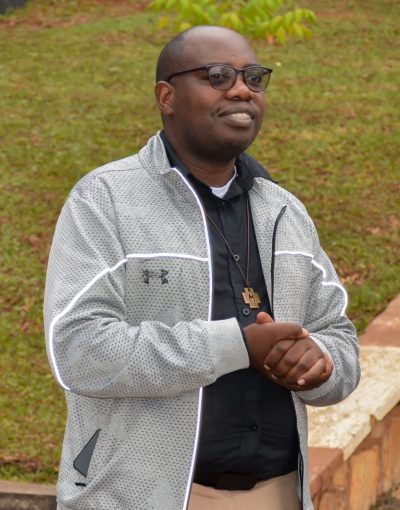
“Sometimes you think about doing acts of love but feel as though there’s nothing you can do or that you’re incapable of making a difference. Yet the first act of love you have already performed is planting this tree, even though you may never know the person who will enjoy its fruit,” said Br. Jean Mfurayase, Head Teacher at Lycée de Kigali, addressing the students.
Furthermore, JUC’s work resonates with the global message of a current Ecojesuit campaign, “Jesuits for Climate Justice: Faith in Action at COP30.” This campaign advocates for faith-based climate justice under the theme “Religious for Climate Justice: Turning Hope into Action.” It advances four key appeals directed at world leaders attending COP30:
- Cancel the debts of poor countries, recognizing that unjust and unpayable debts should not undermine resources for climate adaptation and mitigation.
- Strengthen the Loss and Damage Fund (FRLD) to provide fair and accessible support to communities most affected by climate impacts.
- Set clear targets for a fair energy transition, grounded in historical responsibility, human rights (especially Indigenous rights), protection of nature, and prioritization of sustainable livelihoods over profit-driven models.
- Establish goals for a global food system that promotes culturally adapted, sustainable methods of production, transformation, distribution, and consumption.
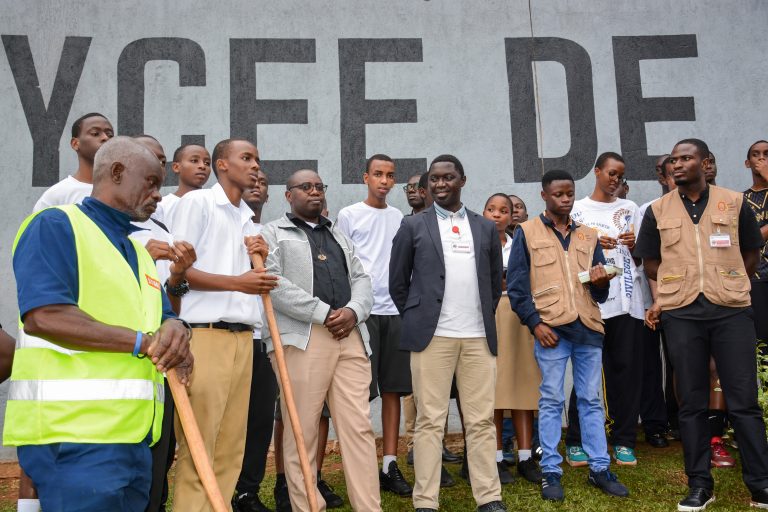
By integrating these global principles into local action, JUC demonstrates how education and community engagement can become powerful drivers of climate justice. The project’s dual focus—on environmental conservation and the eradication of malnutrition—illustrates that caring for the planet and caring for people are inseparable goals.
As the world faces the escalating urgency of climate change, initiatives like this stand as tangible expressions of faith in action.
By, Yunusu Dukorerimana,
JUC Communications Intern.

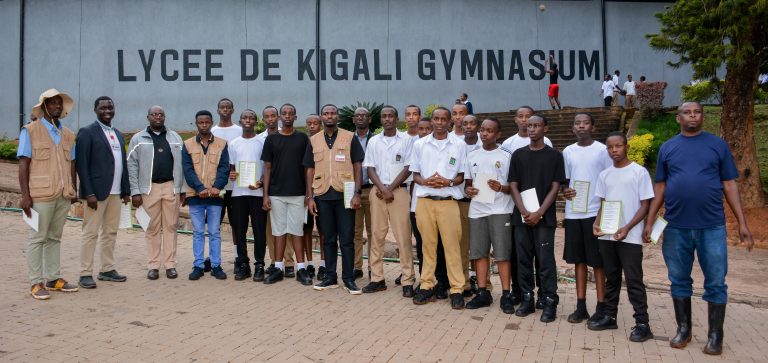
Comments are closed.